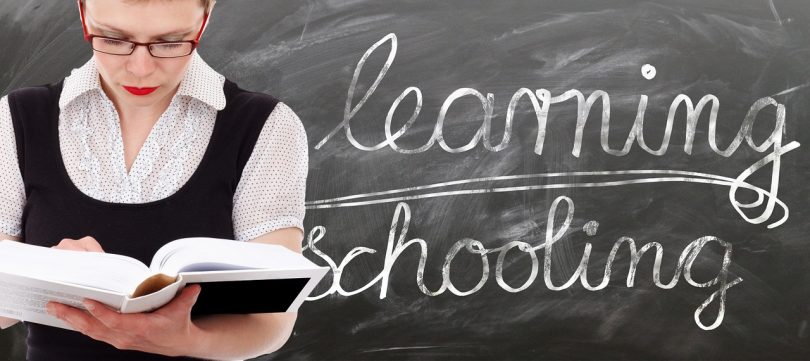Ideally, the teacher should be your biggest ally in helping your child become an educated, responsible citizen. Teachers are only human, though; sometimes you’ll clash with them. Fortunately, many parent-teacher problems are common and can be dealt with maturely.
Never Accuse the Teacher
It can be tempting to go into the classroom with guns blazing, especially if your child has come home from school upset or has said something specific like, “My teacher is always yelling.” However, it’s better for everyone if you approach the teacher calmly.
Go to him or her at a time when school isn’t busy or chaotic. Sit down and say something like, “I have a problem I think you can help me with. Anna seems to be struggling with/because…” Then, listen to how the teacher responds. You may find out he or she has a naturally loud voice and doesn’t realize it may come across as yelling. It may be that when your child says, “My teacher’s mean,” he means, “She makes me do my work.” Let the teacher know you want to work things out together.
Ask to Observe
You don’t see what goes on in the classroom any more than the teacher sees what goes on at home. Your best bet may be to observe. Again, approach the instructor as an ally. Ask if you can be the classroom parent or help with some specific tasks. Then, quietly watch interactions between the teacher and your child. If there really is a problem, meet with the teacher or…
Take the Next Step
If you feel the teacher isn’t listening, it may be time to involve the principal. If you see evidence of abuse in the classroom or the teacher isn’t handling an ongoing problem like bullying between classmates, see the principal immediately. He or she may recommend switching classrooms or other remedial actions.



